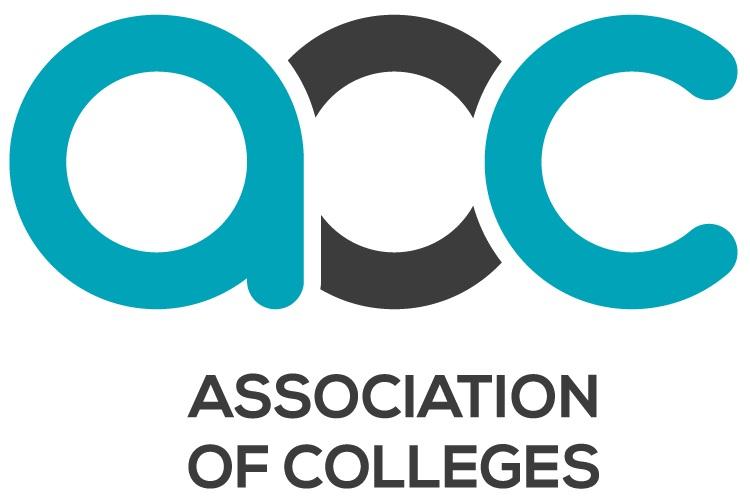Traditional Higher Education doesn’t work any more – Creating a new post-18 education system that works for everybody

Offering credible alternatives to the traditional three-year bachelor’s degree option.
Association of Colleges, the national voice for further education, sixth form, tertiary and specialist colleges in England, has called for a radical shake-up of England’s post-18 education offer to create a world-class system to support more people to learn, train and retrain throughout their lives.
AoC believes that continuing with the status quo will see higher debts for individuals with diminishing returns, an increased burden on Treasury, and a risk to the post-Brexit economy as skills shortages widen further in technical occupations.
AoC is calling on government to:
- Follow Scotland’s lead with the introduction of maintenance grants for students whose family income is below the current free school meal threshold – made available for full and part-time students across all higher education providers, including colleges. This would cost an estimated £500 million, but some of the cost would be recovered in lower student loan write-offs if the repayment term is extended to 35 years or even longer.
- Make public the Department for Education’s research into the cost of HE delivery to ensure the public is getting value for money. Government should also look again at the current tuition fee cap to ensure that it reflects the cost of delivery – many colleges currently offer degrees for around £7,500, compared to the £9,295 being charged by most universities.
- Introduce a minimum entry qualification for access to a bachelor’s Degree courses for those under 21 to combat the rise in unconditional offers and their impact on A levels.
AoC’s latest report ‘2030 and beyond: an upgraded post-18 education system’ also proposes a major re-design of the country’s higher technical education offer to provide a credible alternative route to a BA/BSc degree.
It includes:
- New national qualifications developed locally to meet employer and labour market needs and built on those already working well
- Government reform to grant, fee and loan rules to incentivise and support new one and two-year courses at Levels 4 and 5
- The same fee cap and loan/maintenance arrangements to be made available for students of all ages who take up the new national qualifications- part time or full time
- Access to financial support for living costs, travel and childcare.
 David Hughes, Chief Executive of the Association of Colleges said:
David Hughes, Chief Executive of the Association of Colleges said:
“We are calling on the government to be ambitious, to be bold, and to move beyond the traditional model if they are serious about building the HE infrastructure necessary for economic and social prosperity for the next decade and well beyond.
“Traditional three-year Bachelors’ degrees, delivered in universities and colleges have many strengths but they are not the only option, and in many cases are not the best option. We need system reform that increases opportunities for all with incentives to support students to have a viable option for them to learn more flexibly, locally and focused on the labour market. That will reduce the financial burden on students and the government whilst meeting employers needs for more skilled people.
“Our proposal, with colleges at the heart of it, will ensure a post-18 offer that is local, flexible and available at all stages of life, and offers the country the very best chance to thrive once we leave the European Union.”
Responding to the report, Causeway Education, said:
“We heartily agree: colleges are engines of social mobility, and this important and timely call to action by the Association of Colleges is one which we thoroughly endorse in its ambition to make the post-18 education system accessible to everyone, reintroduce means-tested maintenance grants, and ensure we have a workforce appropriately skilled for the future labour market.
“We urge everyone to read the report, and for government to heed its messages.”
About AoC: The national voice for further education, sixth form, tertiary and specialist colleges in England. We are a not-for-profit membership organisation established in 1996 by colleges, for colleges. Our members make up almost 95% of the sector – transforming 2.2 million lives each year.










Responses